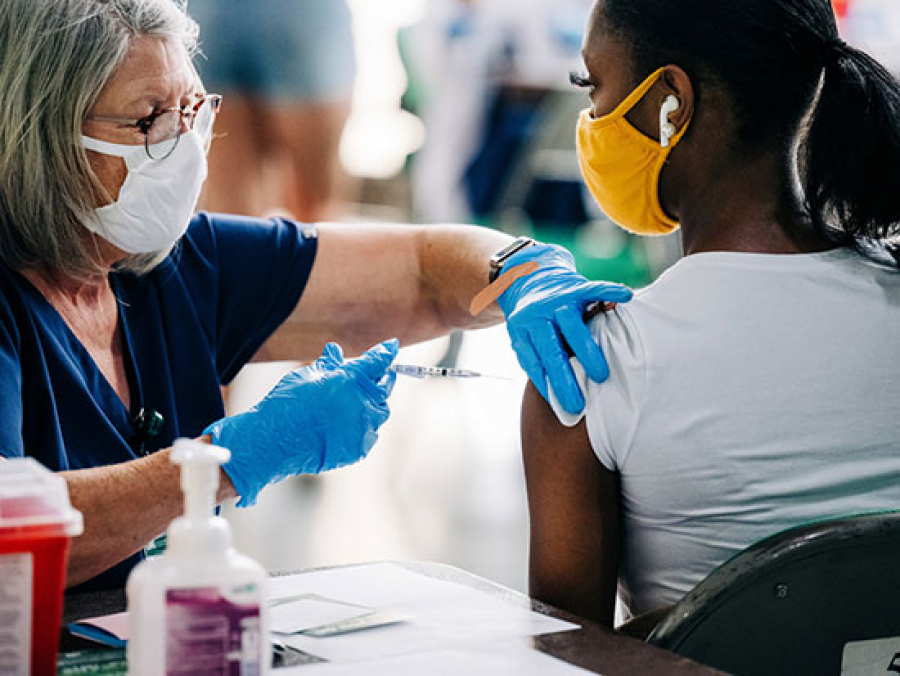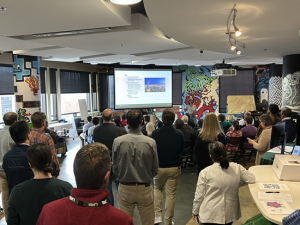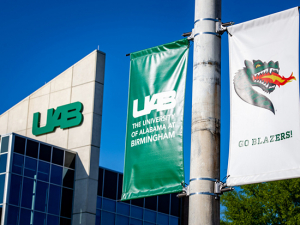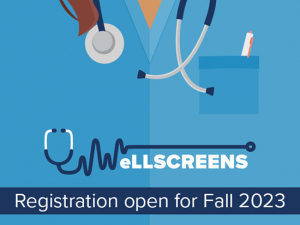 The Division of Pulmonary, Allergy and Critical Care Medicine has received a $9.7 million grant over five years from the National Institutes of Health to identify and test potential therapies for pulmonary fibrosis, a devastating disease with no approved treatments.
The Division of Pulmonary, Allergy and Critical Care Medicine has received a $9.7 million grant over five years from the National Institutes of Health to identify and test potential therapies for pulmonary fibrosis, a devastating disease with no approved treatments.
“Fibrosis means scarring, and idiopathic pulmonary fibrosis is a disease of unknown origin that results in scar tissue building up in the lungs,” said Victor Thannickal, M.D., director of the Division of Pulmonary Medicine and the principal investigator for the grant. “IPF affects more than 100,000 people in the United States and five million worldwide. This disease is relentless. The median survival rate is less than three years, and only 20 percent of patients survive five years beyond diagnosis.”
Thannickal says the incidence in the United States appears to be rising, due in part to the aging population. He says the cause of IPF is uncertain, although genetics and environmental exposures such as cigarette smoke, along with age, are known risk factors.
The new NIH grant will support ongoing UAB work targeting myofibroblasts, cells responsible for wound healing in the body. In healthy tissues, myofibroblasts assist with wound repair, and then die in a programmed process known as apoptosis. Fibrosis involving the lungs or other organs occurs when myofibroblasts fail to undergo apoptosis, resulting in a persistent repair process. This causes scarring and stiffening of the surrounding tissue, promoting the creation of even more scar tissue — a vicious cycle of nonresolving repair.
Read more about the grant and Thannickal's research.










































